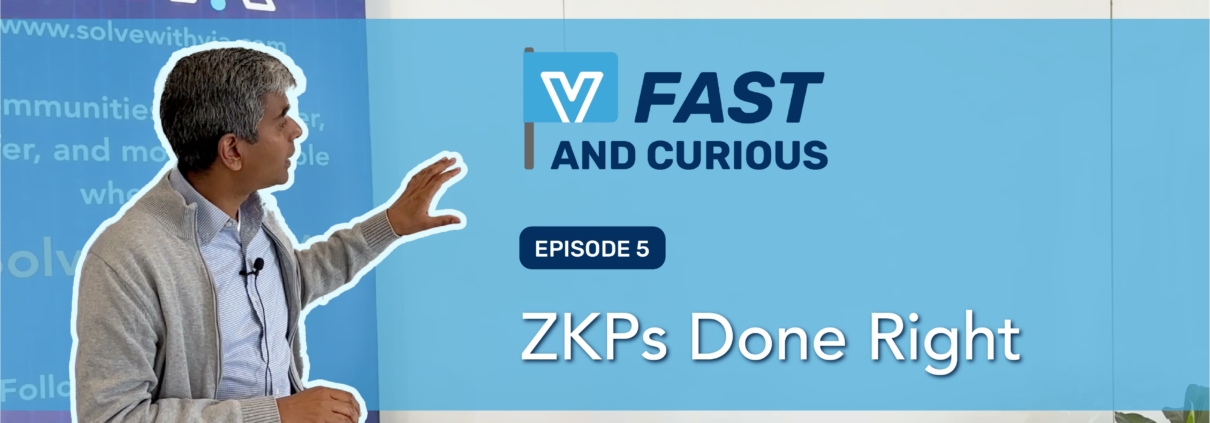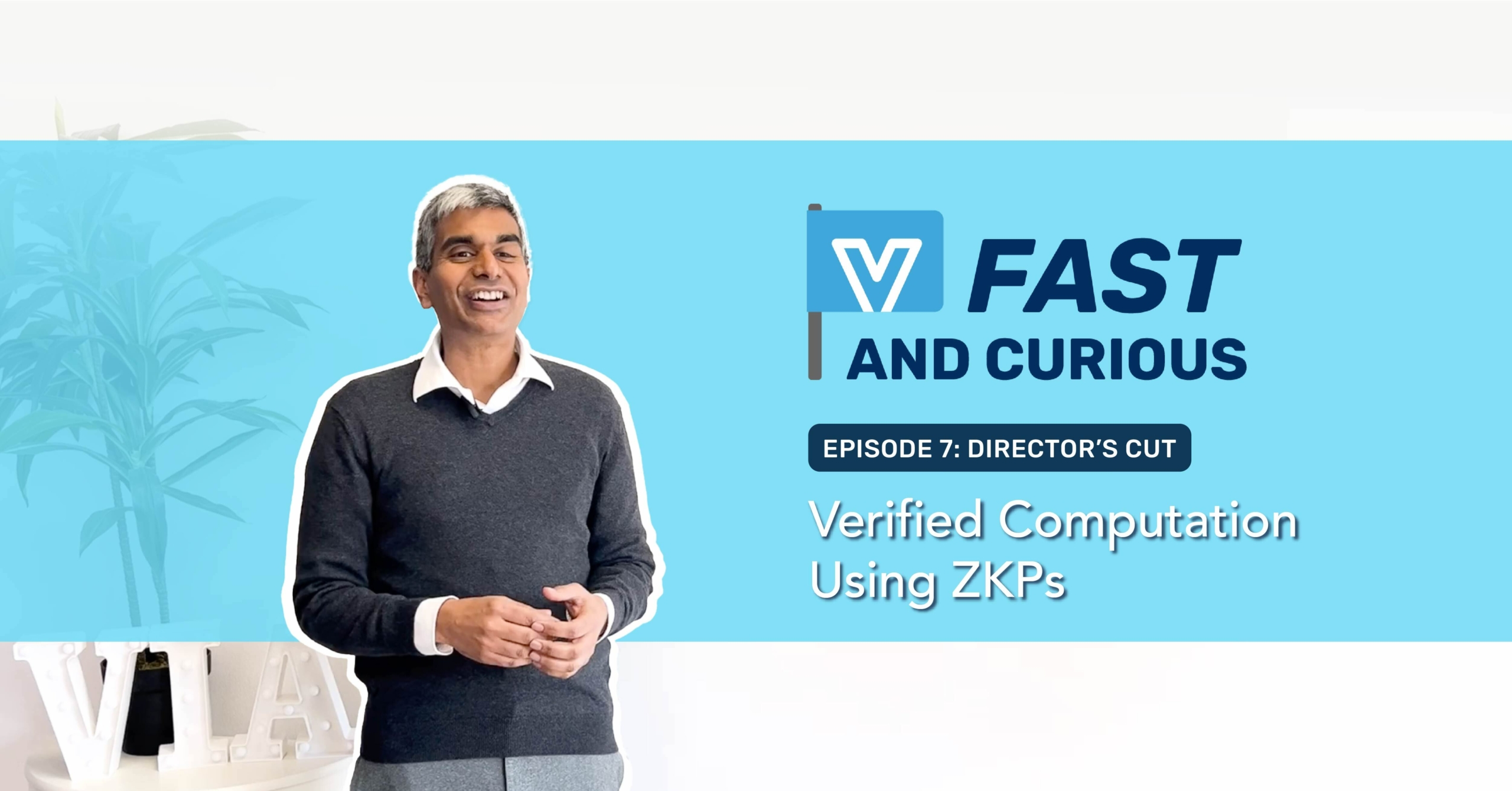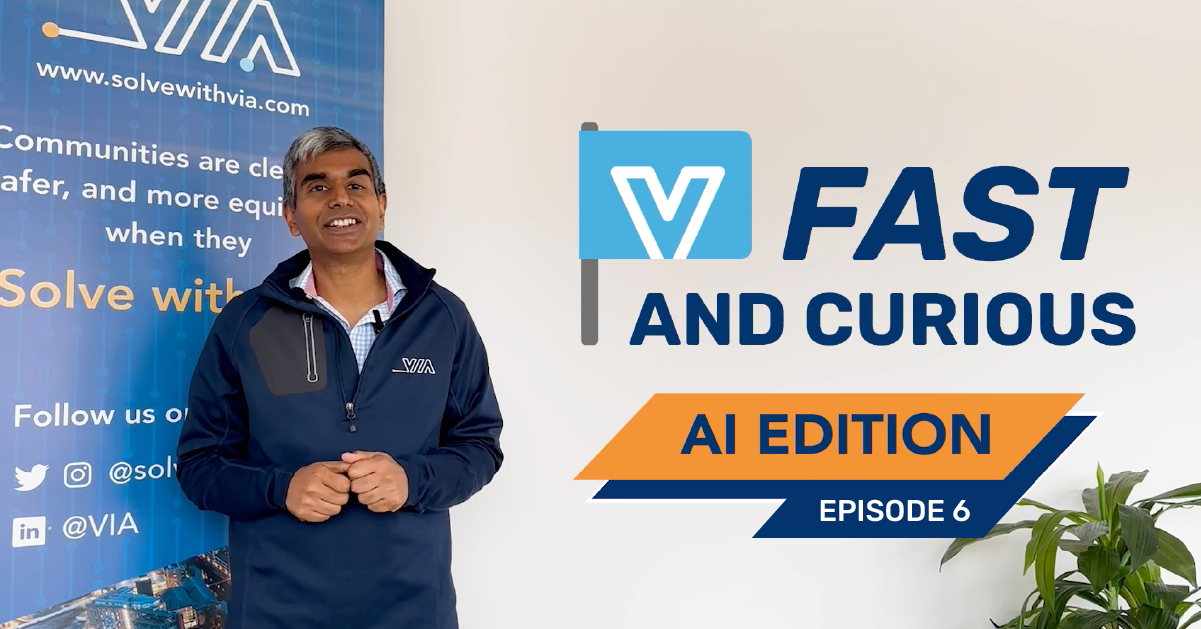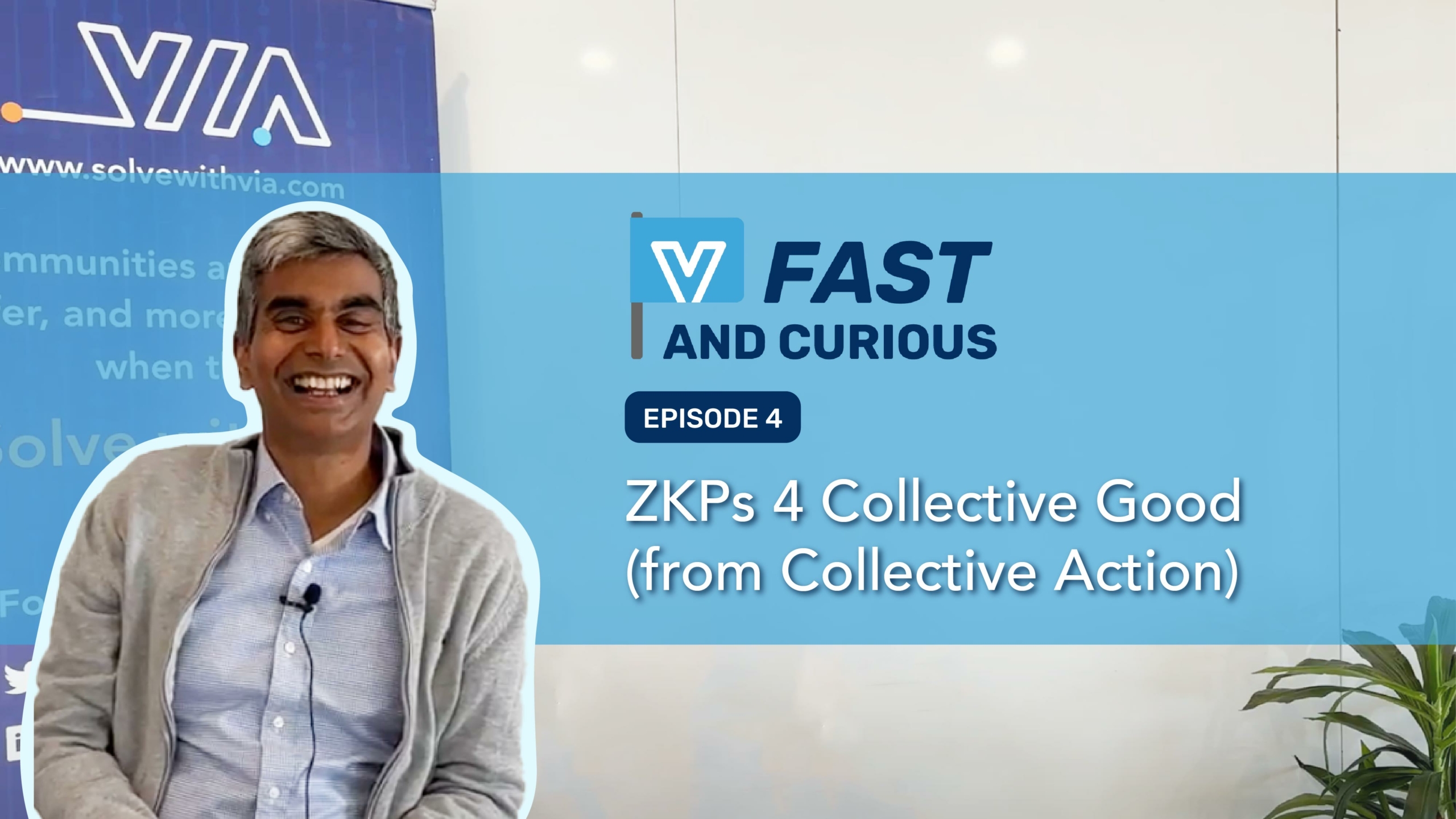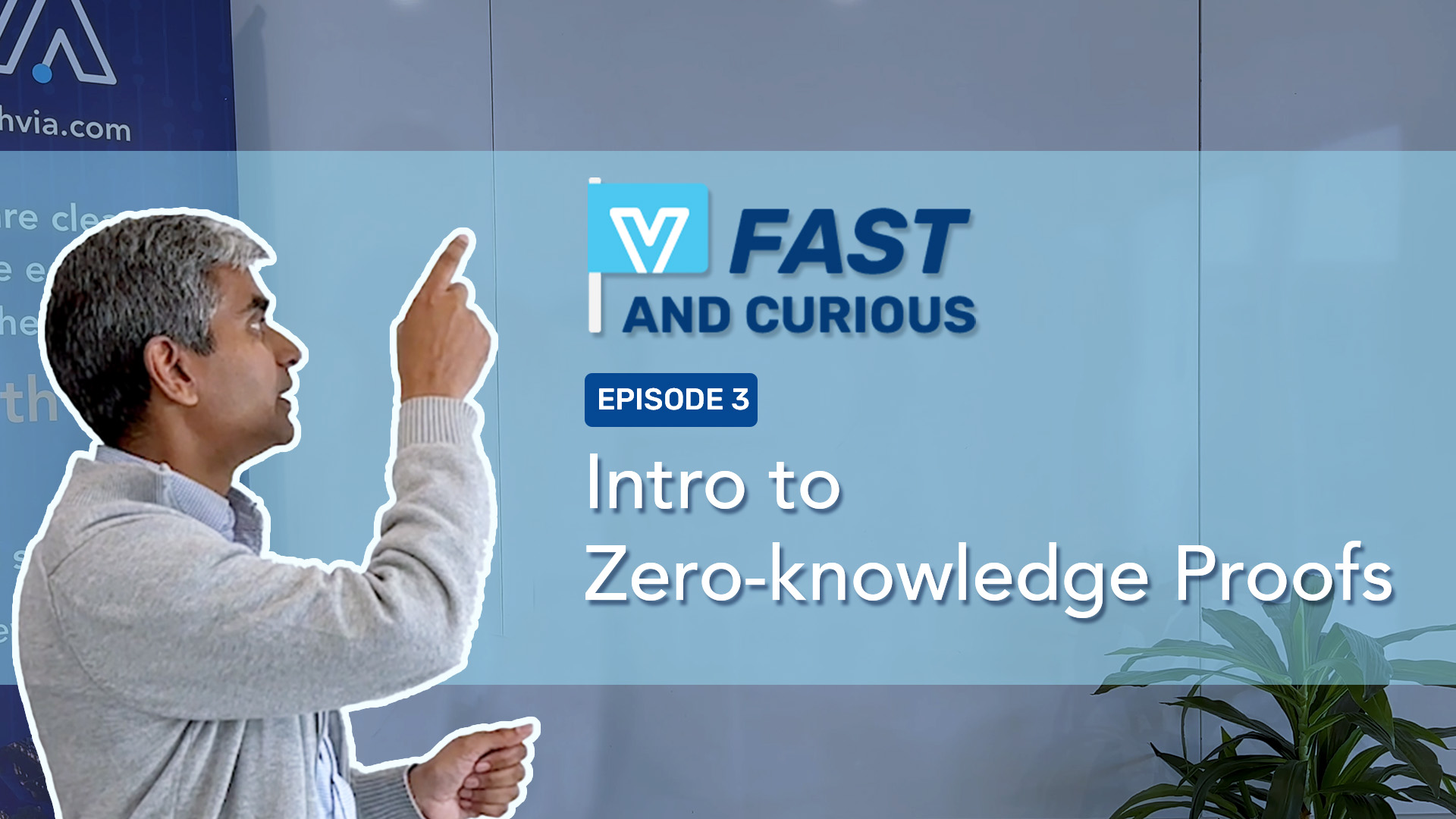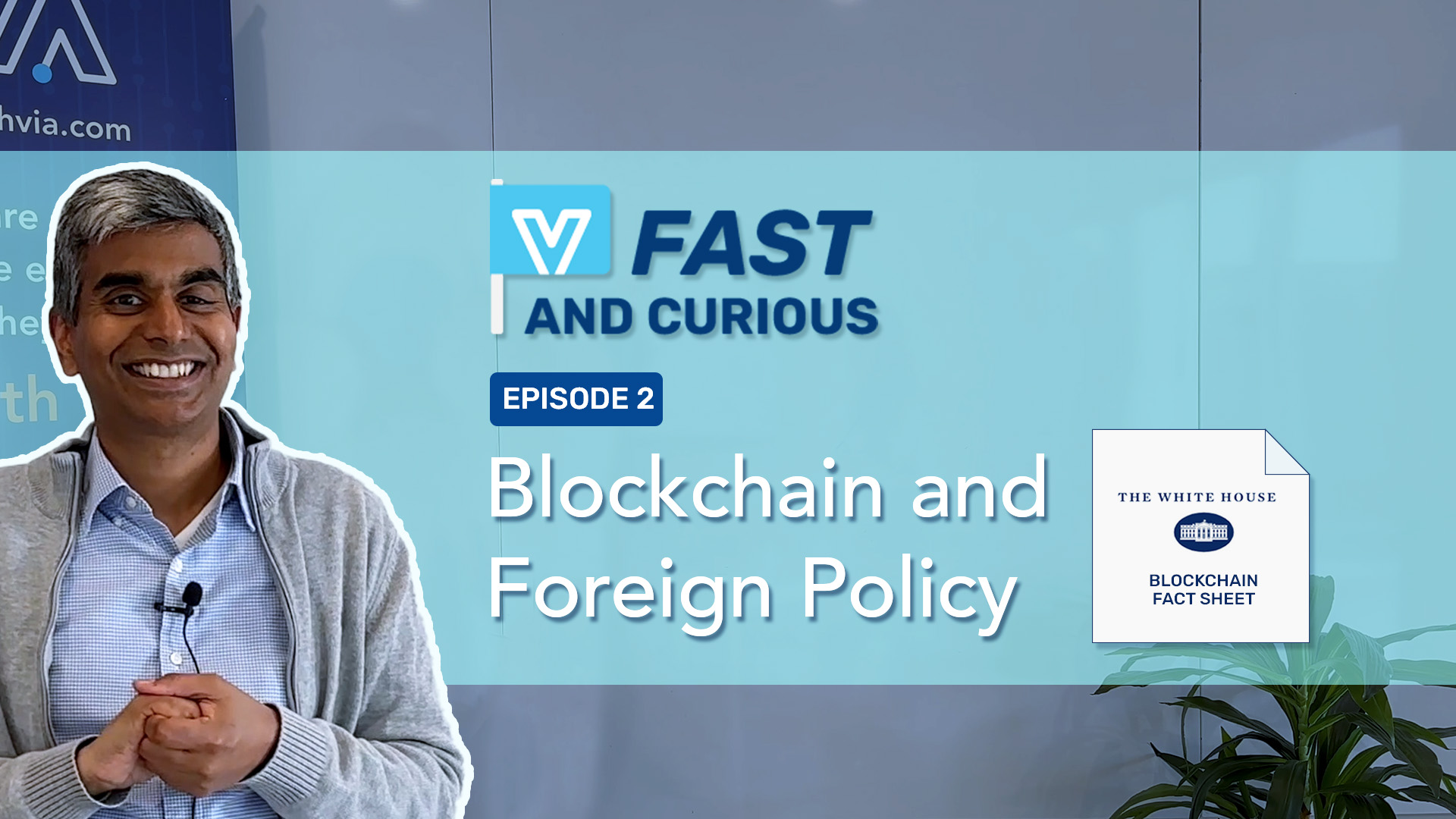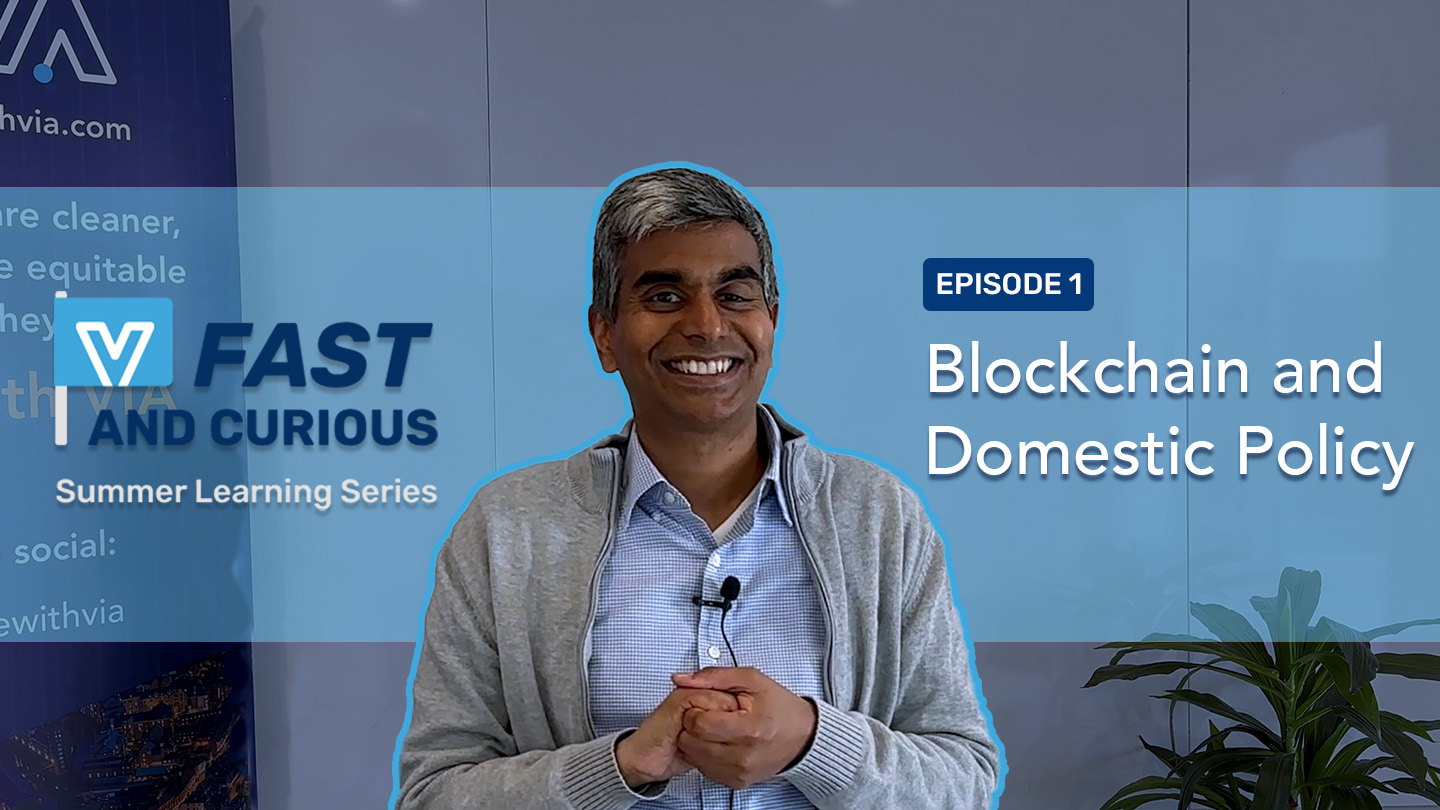Fast and Curious 5: ZKPs Done Right
In the fifth and final installment of our summer learning series, we talk about zero-knowledge proofs and how they can be done right in just three ways. Watch the video and read the transcript below as we give the summer edition of the Fast and Curious a farewell for now!
Below is a transcript of the video:
Welcome back to Fast and Curious, the 2023 Summer edition.
Happy to have the opportunity to speak today. We’re going to talk a little bit about zero-knowledge proofs and particularly, doing them right.
It’s great that this mathematical obscurity from the 1990s has now become commonplace in certain parts of the Web3 and blockchain world. Software libraries and technologies are developing quickly in this space. We’re happy to have the opportunity to be involved with that.
But, they’re not as easy as they seem. And there are three practical tips that we’re gonna give here. Three tools to help people identify how they could be better in this space or make use of it.
First is, how do you create the ZKP?
It turns out that this is a more complicated endeavor than your average website or HTML page. It does involve some math. It is a mathematical property, and so you do need somebody who has some math skills for the specific application that you are creating. There is some good news about that, though. It’s getting easier. There are more tools and libraries available, and there are more and more ZKPs being created by others and being offered. And you may, for your specific use case, be able to just borrow or license the ZKP you need for your application.
Point two, how do you know whether the ZKP works?
By definition, the whole point of the zero-knowledge proof is zero knowledge. So, in that world, do you just trust that the code is working as promised, that the guarantee is real? Well, we think independent testing or having a third party who is trusted to be able to validate and say, “Yeah, that thing does what it says it’s gonna do,” is the best possible way. From our perspective, look for the people who are, or that is a trusted authority, and you can work with to validate and verify your zero-knowledge proofs.
And then the third one here is around cybersecurity.
We talk about blockchain. We talk about Web3. But it’s all just software. And software that is doing anything valuable at all, is going to be attacked. We live in this world where you can expect that. And so constant vigilance, as they say in Harry Potter, is the word of the day. You need to make sure that the software you’re writing is cyber secure and meets some cybersecurity standards, but also that you’re keeping up with a list of critical vulnerabilities and updating your software to make sure that there aren’t new vulnerabilities or it doesn’t become susceptible later.
With that in mind, from a VIA perspective, we work with a lot of folks in the Department of Defense. If you follow us at all on our blogs and announcements, you’ll have seen that. It’s not a secret. And one of the big reasons is that the DoD has terrific cybersecurity standards and a very published and public list of what they’re looking for. And we feel like if we’re meeting their standards, then we’re meeting a standard that could be met in the external world.
For our zero-knowledge proof specifically, most of the ZKPs are actually in energy. Did someone turn down their thermostat? Did they charge their EV at a certain time? Did they not charge their EV when they were supposed to? The Department of Energy has stepped in and offered help for testing and validating our zero-knowledge proofs, and we’re excited to see, so far so good, very positive results from that. And, we feel like having that imprimatur from third parties is valuable.
Can’t get enough of these Fast and Curious videos? Well, we want to hear from you! What topics should we cover next? Drop a note in our inbox to let us know: info@solvewithvia.com.

